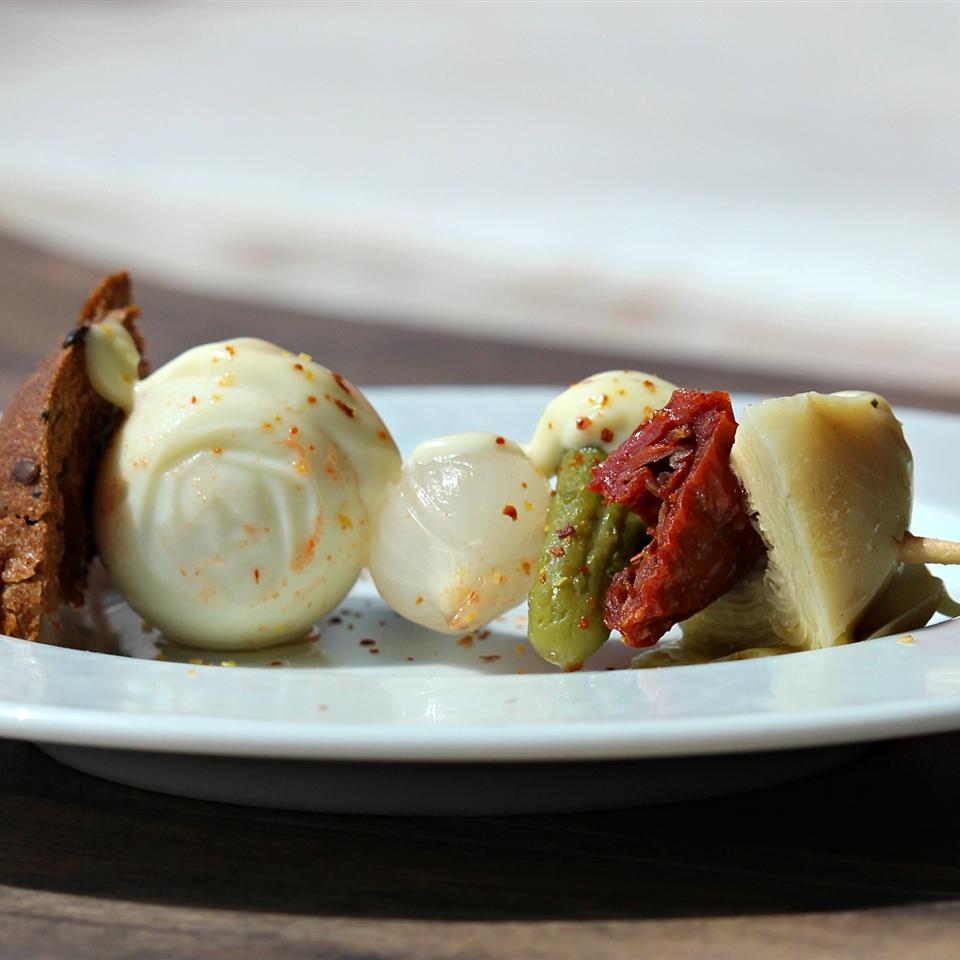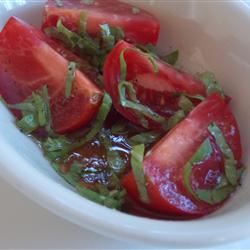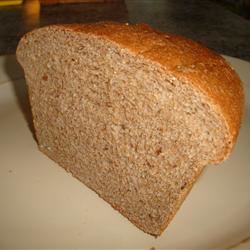Vegan Split Pea Soup I

This makes a very thick vegetarian split pea soup. To make it thinner, reduce the amount of split peas or add more water. Depending on the density of split peas, it may take a while for the vegetables and peas to soften, but you can’t really overcook this soup; just stir occasionally, and add water if it gets too dry. Seasonings can be altered to taste. Tastes even better reheated.
INGRIDIENT
DIRECTION
Step: 1
In a large pot over medium high heat, saute the oil, onion, bay leaf and garlic for 5 minutes, or until onions are translucent. Add the peas, barley, salt and water. Bring to a boil and reduce heat to low. Simmer for 2 hours, stirring occasionally.
Step: 2
Add the carrots, celery, potatoes, parsley, basil, thyme and ground black pepper. Simmer for another hour, or until the peas and vegetables are tender.
NUTRITION FACT
Per Serving: 247 calories; protein 12.7g; carbohydrates 45.8g; fat 2.2g; sodium 386.6mg.
The word “stew” can refer to both a dish and a make dishes method. Stewing makes slowly cooking piece of meat, vegetables or beans in a tastefull water based . It’s same as to braising, instead it makes have a few piece of differences. The meat is chopped into few of pieces instead of being cooked whole , and the liquid completely covers the essential in a stew as different to a braise’s halfway all of it . When meat or raw fruit are cooked using this method, the resulting dish is called stew.
Stew has a perception for being a rib-sticking eating process that comfortable you up on a freezing , winter day. It’s right that ; a bowl of classic beef stew does have warming properties , but stew’s comfort factor more than a way beyond preserving you from the cold . It’s all about those soft and chunks of food and vegetables, swimming in a thick, ultra-rich gravy. The more they come together make the ultimate comfort food, no matter the weather.





